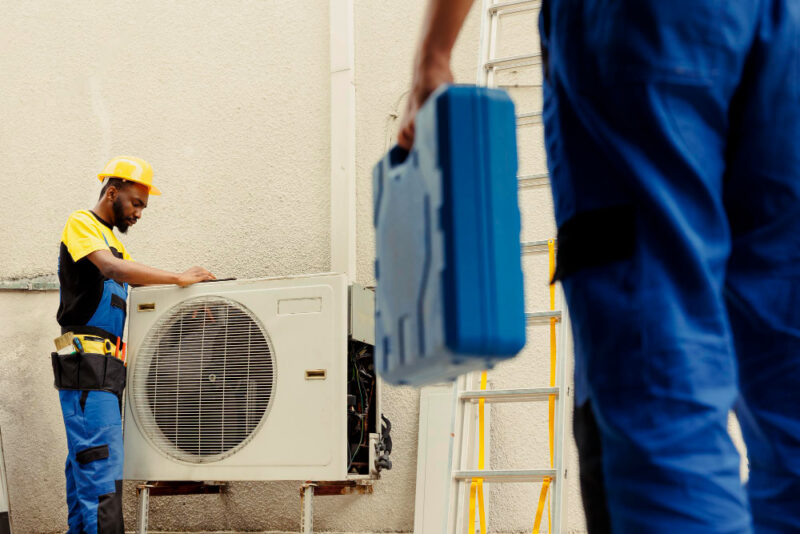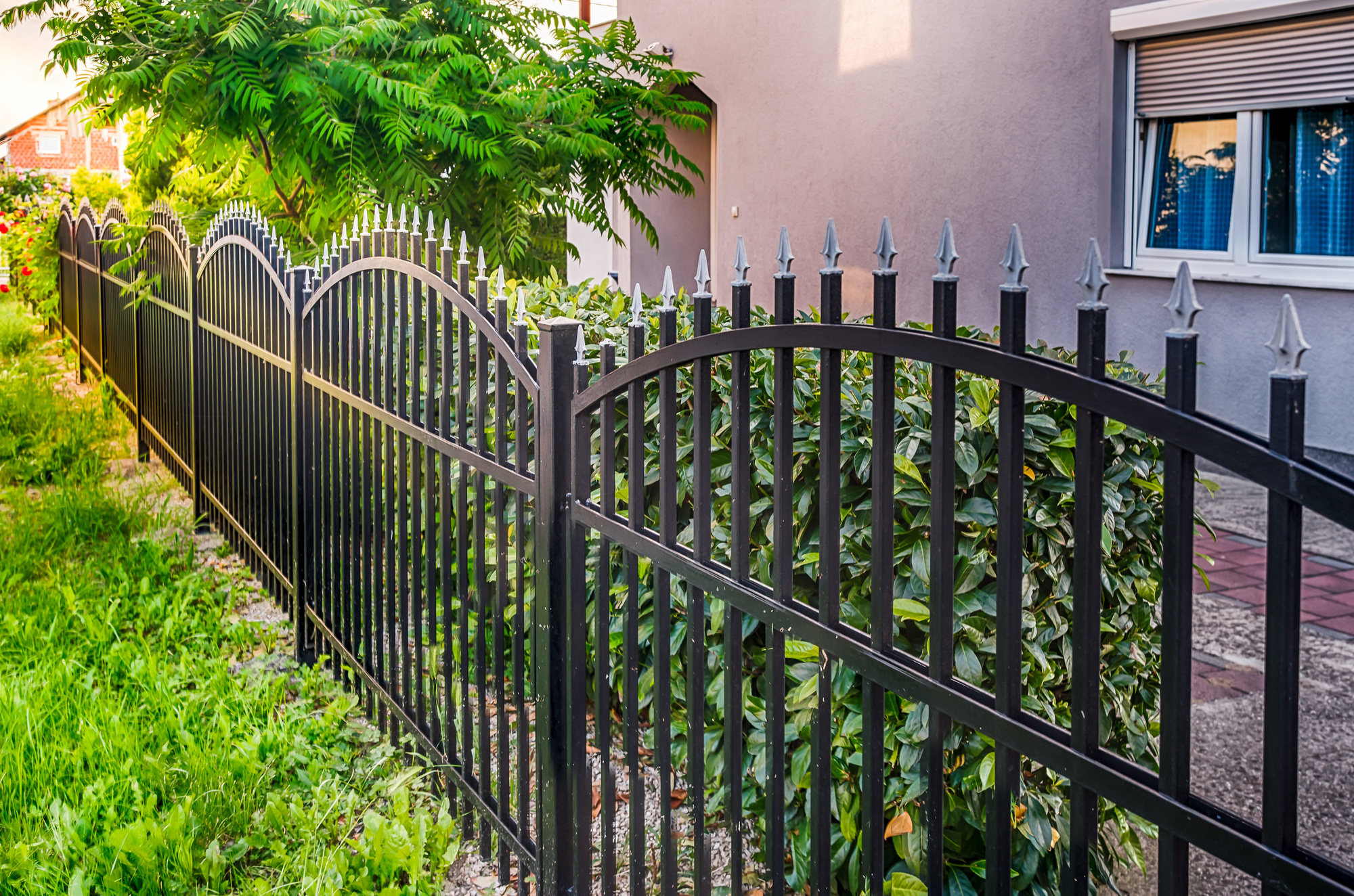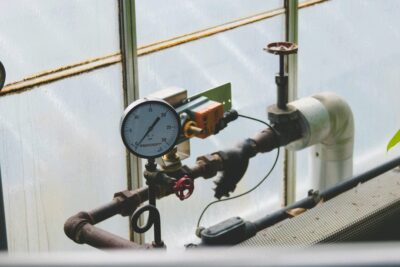Maintaining your home’s HVAC (Heating, Ventilation, and Air Conditioning) system is paramount to ensuring a comfortable living environment, improving air quality, and extending the lifespan of your equipment.
Understanding the basics of HVAC maintenance can lead to significant savings on utility expenses and repair costs for homeowners while also preventing the inconvenience of system failures.
Keep your home comfy and your bills low with HVAC and plumbing services in Medical Lake, WA.
Regularly clean air filters
One of the most straightforward yet efficient HVAC maintenance tips for homeowners is regularly replacing or cleaning the air filters. This straightforward task plays a crucial role in ensuring the efficiency of your HVAC system.
Clogged or dirty filters restrict airflow, forcing the system to work harder than necessary, resulting in higher energy usage and utility bills. Additionally, clean air filters enhance indoor air quality by trapping dust, pollen, and other allergens.
To maintain your system’s efficiency, check your air filters monthly, especially during high-usage seasons like summer and winter. Depending on the type of filter your system uses, you may need to replace it or clean it.
Disposable filters should be changed when they become dirty, while reusable filters can be cleaned with mild soap and water. Always ensure the filter is dry before reinstalling it. By keeping air filters clean, you not only enhance your home’s air quality but also extend the life of your HVAC system.
Annual professional inspections
Another essential HVAC maintenance tip is to schedule annual professional inspections. A yearly inspection by a certified HVAC technician can help identify possible problems before they become costly repairs. During these inspections, technicians will check the overall condition of your HVAC system, ensuring it operates efficiently and safely.
To schedule a professional inspection, research local HVAC service providers with good reviews and ask for their credentials to ensure they are certified. It’s best to plan these inspections during spring or fall, preparing your system for summer and winter demands.
An annual check-up helps maintain optimal performance, extends the lifespan of your HVAC system, and enhances energy efficiency, leading to lower utility bills over time.
Keep the area around your units clear
Another important maintenance tip for homeowners is to ensure the area around their HVAC units is clear. Outdoor units, in particular, require adequate space to function efficiently. Obstructions like leaves, dirt, or debris can restrict airflow and reduce the system’s efficiency, increasing energy costs and potentially causing overheating and system failures.
To maintain clear surroundings, regularly inspect and remove debris around the unit. Keep plants, shrubs, and trees trimmed and at least two feet away from the unit to ensure optimal airflow.
This simple task not only aids in efficient operation but also prevents damage to your system that could be caused by overgrowth or debris entering the unit. Regularly clearing the area around your HVAC units is an easy yet effective way to enhance their performance and longevity.
Seal ductwork
One often missed aspect of HVAC maintenance is ensuring that the ductwork, which distributes air throughout your home, is properly sealed and leak-free. Leaky ducts can cause significant energy loss, with conditioned air escaping before it reaches its intended destination.
This causes your HVAC system to work harder, leading to increased damage, higher energy expenses, and uneven temperatures throughout your home.
To check for leaks, visually inspect all accessible ductwork for signs of holes, tears, or disconnections. Feel for drafts around seams and joints, indicating air leaks. Additionally, you can utilize a smoke pencil or an incense stick; the smoke will waver or be sucked into the ductwork at the leak points.
If you discover any leaks, you might be able to handle the task yourself for minor issues. To seal leaks, use mastic sealant or metal tape (not duct tape, as it doesn’t hold up over time). For larger issues or inaccessible ductwork, consider hiring a professional.
Adjust thermostat
Adjusting your thermostat settings is a straightforward yet impactful way to maintain your HVAC system efficiently. By setting your thermostat to a comfortable but energy-efficient temperature, you can reduce your HVAC system’s workload, extending its lifespan and lowering your energy bills.
During warmer months, setting your thermostat to a slightly higher temperature when you’re not home can prevent your system from overworking. Conversely, lowering the temperature a few degrees when the house is empty or everyone is asleep can result in significant energy savings in colder months.
Programmable or smart thermostats make this process even easier by allowing you to set schedules for temperature adjustments. This ensures your home is comfortable when occupied while saving energy when it’s not.
This simple adjustment to your thermostat settings can lead to improved system efficiency and more manageable utility costs.









